It is generally not recommended to use organophosphates in a vegetable garden due to their potential toxicity to humans and non-target species. Organophosphates can persist in the environment and may accumulate in soil and water, potentially contaminating your vegetables. In addition, organophosphates can be toxic to beneficial insects, such as bees and butterflies, which are important pollinators for many vegetable crops.
There are several non-toxic or less toxic alternatives to organophosphates that can be used to control pests in your vegetable garden. Some options include:
- Attract beneficial insects, such as ladybugs and lacewings, to your garden to help control pest populations naturally.
- Physical barriers: Use physical barriers, such as row covers or screens, to keep pests out of your garden.
- Cultural control methods: Use cultural control methods, such as crop rotation and intercropping, to disrupt pest life cycles and reduce pest populations.
- Biological control: Attract beneficial insects, such as ladybugs and lacewings, to your garden to help control pest populations naturally. You can also consider using biological control agents, such as bacillus thuringiensis (Bt) or neem oil, to control pests.
- Soap and water: A simple solution of soap and water can be effective at controlling some pests, such as aphids and mites.
-
Essential oils: Some essential oils, such as peppermint and lavender, can be used to repel or deter pests.




Share and get 15% off!
Simply share this product on one of the following social networks and you will unlock 15% off!